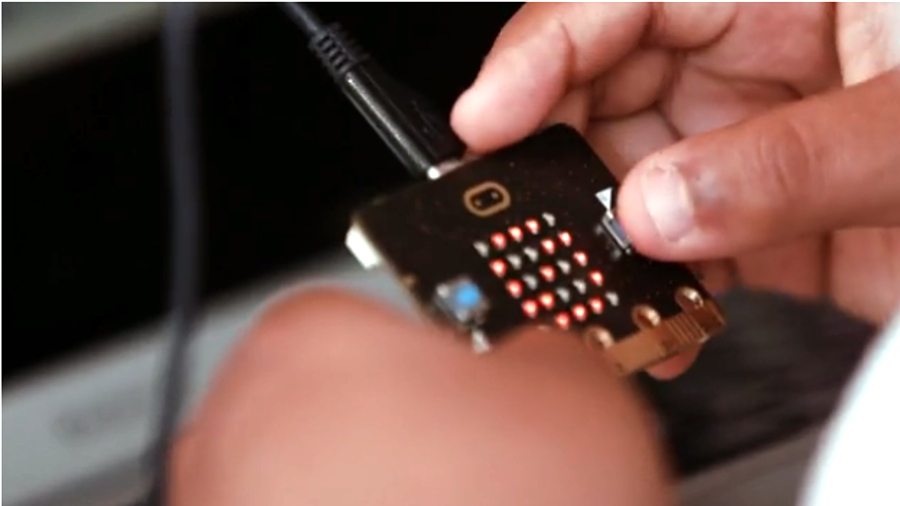
There's a skills shortage in the UK's technology sector, and the BBC is on a mission to fix it. It hopes to do so through theBBC Micro Bit, a new computer the size of a matchbox that's being supplied to around 1 million Year 7 children in UK schools for free in October.
What is the Micro Bit?
The Micro Bit is a pocket-sized computer that measures 4cm by 5cm. By connecting it to other devices, sensors kits and objects, anyone can use it to create software programmes or manipulate hardware using just a few lines of code.
Why has the BBC launched it?
The BBC launched the original BBC Micro computer in 1981 to introduce children to computing for the first time. As part of the BBC's 2015 Make It Digital initiative, the broadcaster is hoping that the Micro Bit will help plug a skills gap in the UK technology sector while helping young people become more creative, in addition to developing their core skills in science, technology and engineering.
How does it compare to the BBC Micro?
The Micro Bit is 18 times faster than the famous computer that spawned a generation of programmers in the 1980s. It's also 17 times smaller and 617 times lighter.
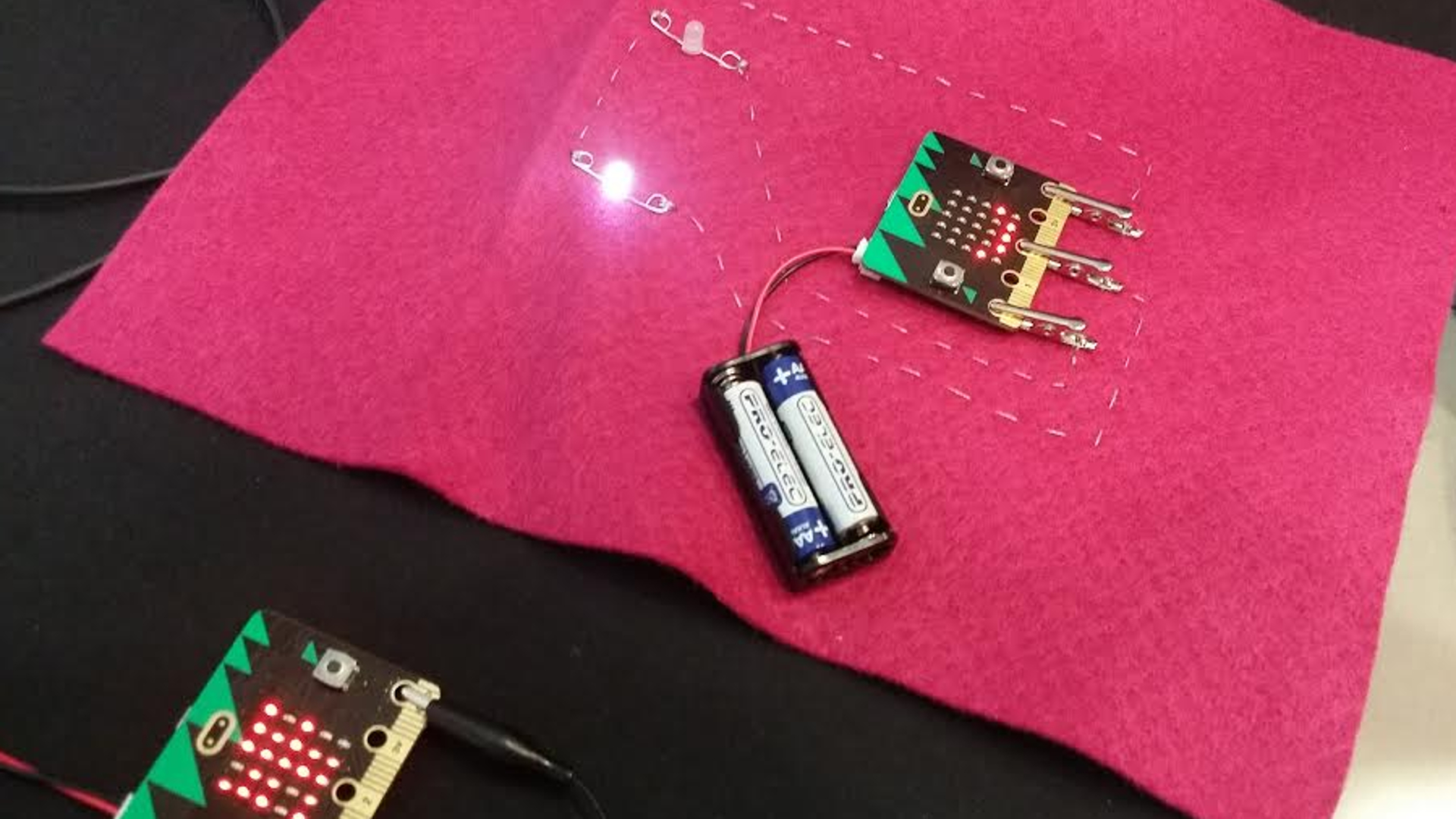
Who's getting one?
The Micro Bit is being supplied to around 1 million schoolchildren in the UK aged 11-12 (Year 7s, in other words) for free.
Can I buy one?
Not yet - but you will be able to soon. The BBC has set up a not-for-profit organisation that will sell the Micro Bit internationally. We don't know how much it will cost yet, but it's not likely to be expensive.
What features does it have?
In addition to 25 red LEDs that light up, it has two programmable buttons, an onboard motion detector, a built-in compass, Bluetooth Smart Technology and Five Input and Output (I/O) rings.
Sign up to the T3 newsletter for smarter living straight to your inbox
Get all the latest news, reviews, deals and buying guides on gorgeous tech, home and active products from the T3 experts
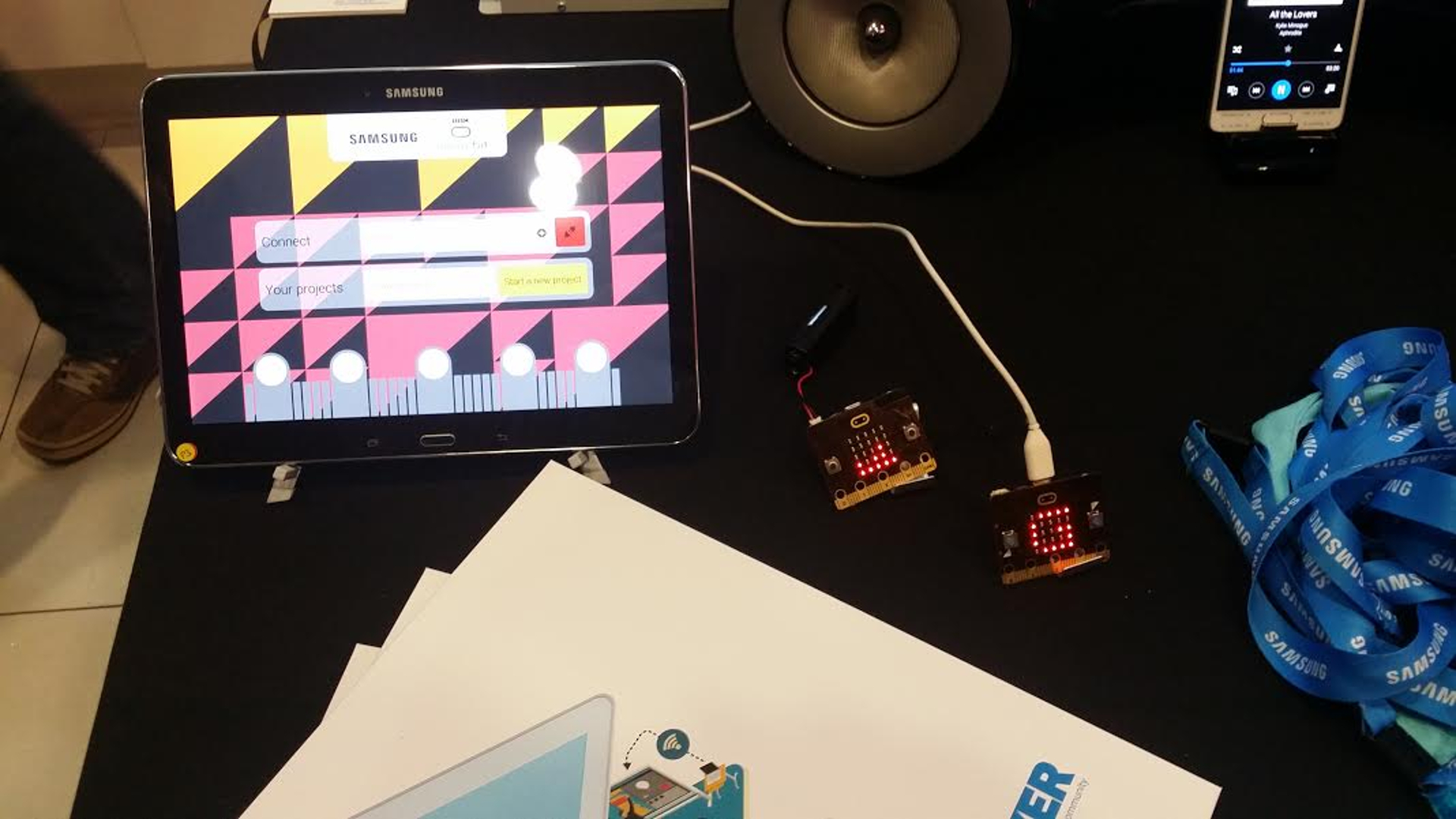
What can it do?
Anything you tell it to! Early demonstrations of the device have ranged from flashing messages using its LEDs to controlling five-foot robots. So far it's been used as a device to take remote selfies on a tablet, a controller to play Flappy Birds, a power source for flashing lights on fabric, a high-score display and a clock.
And that's just the beginning. Because it's so small, the Micro Bit can be used as a wearable device, or even as part of an Internet-of-Things network thanks to its small size and built-in sensors.
How do you code on it?
The Micro Bit can be programmed using several advanced programming languages - such as C++ and Python - in addition to “starter” ones such as Microsoft TouchDevelop, and Microsoft Block Developer which uses a simple and accessible drag-and-drop interface.
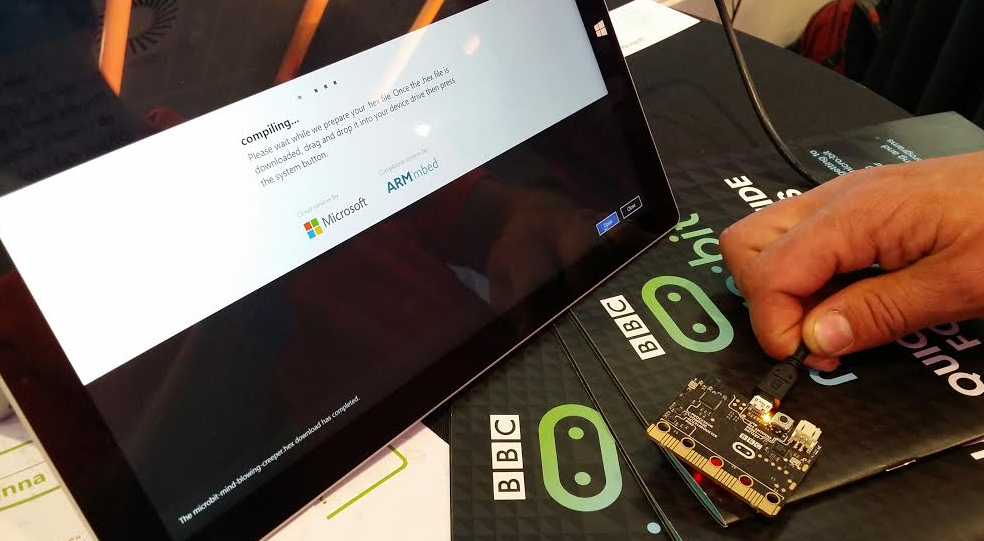
Isn't it like the Raspberry Pi?
The Micro Bit isn't going head-to-head with other micro-computers, rather, it's been designed to work with them. In addition to other devices, sensors, kits and objects, it'll work with the boards including the Arduino, Raspberry Pi, Galileo, Kano and littlebits. Raspberry Pi founder Eben Upton praised the Micro Bit in an interview with the BBC and has confirmed that his company is working to develop compatible software and materials for the Raspberry Pi.
Is the BBC doing all of this alone?
Not quite - it's backed by a number of big industry names in the tech sector including ARM, element14 (the Raspberry Pi's main reseller), Freescale, Microsoft, Nordic Semiconductor and Samsung. Working with so many partners has allowed the BBC to achieve the Micro Bit's titular design and get the devices to school children for free.
-
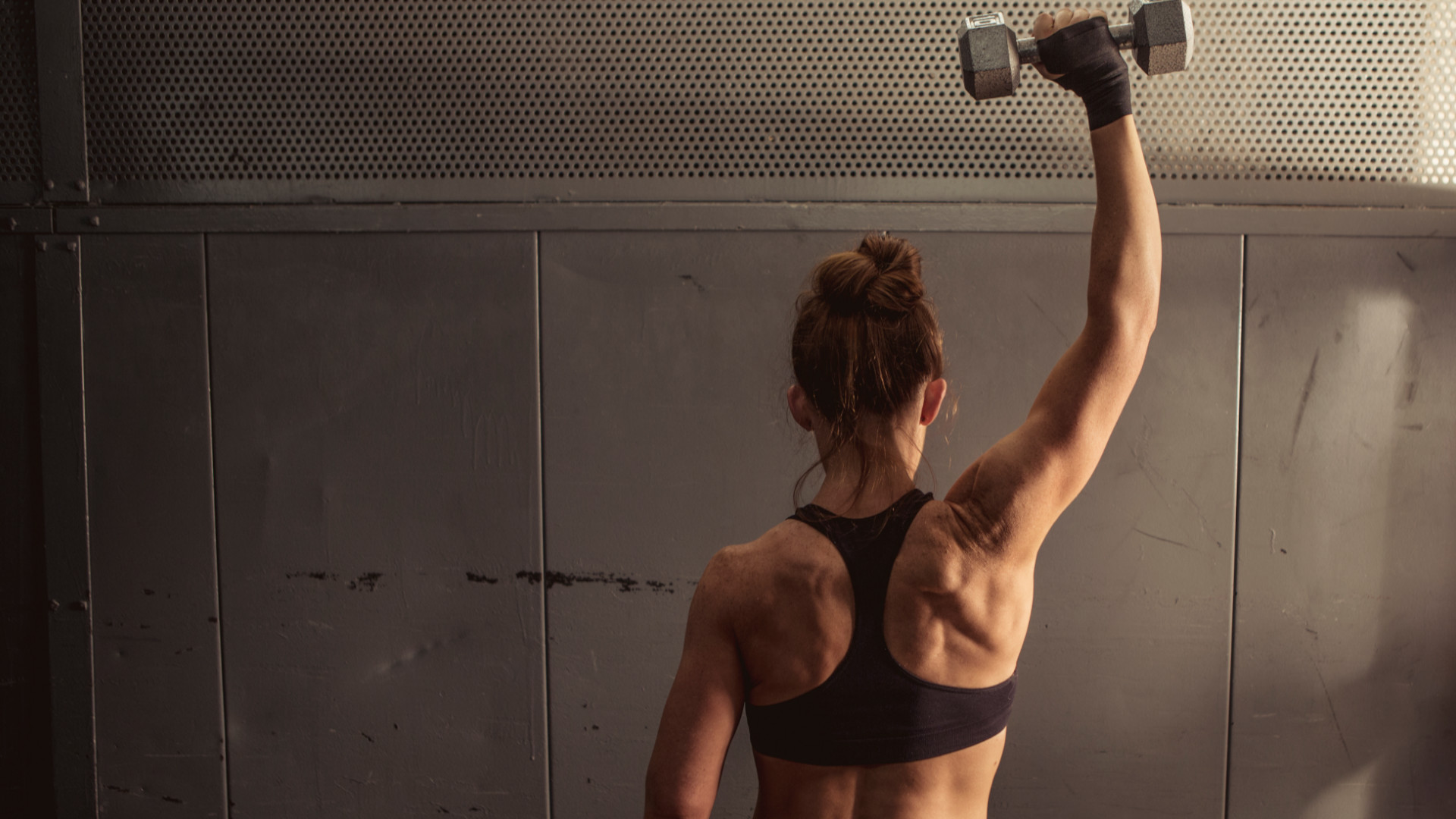 Three exercises to 'life-proof' your shoulders, according to a mobility expert
Three exercises to 'life-proof' your shoulders, according to a mobility expertHealthy shoulders mean better movement, more strength and less injury
By Bryony Firth-Bernard
-
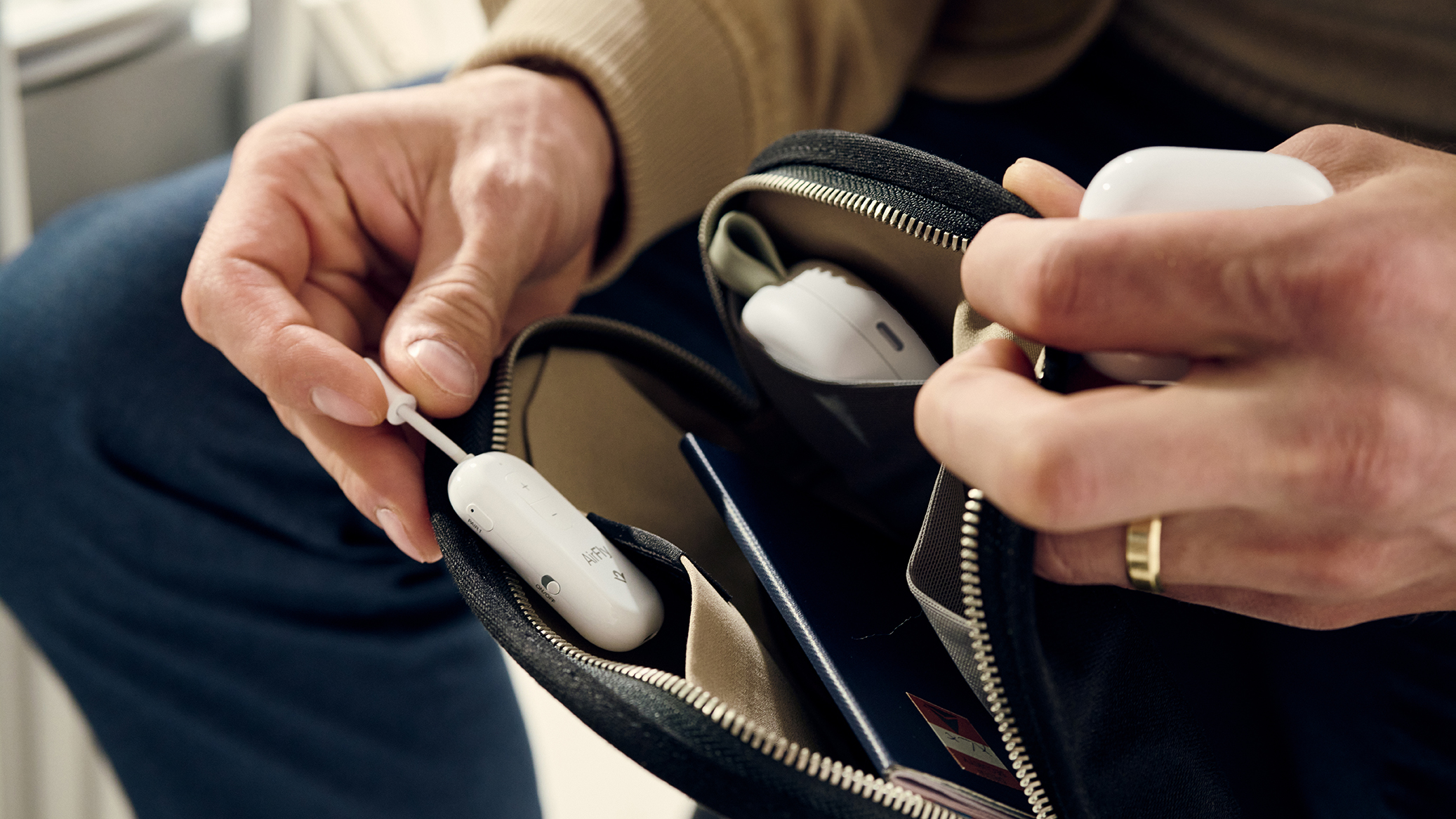 The 7 luxury travel items I won't leave home without – and why you shouldn't either
The 7 luxury travel items I won't leave home without – and why you shouldn't eitherI've flown for many hundreds of hours – and know these luxury travel items will improve your journey
By Mike Lowe